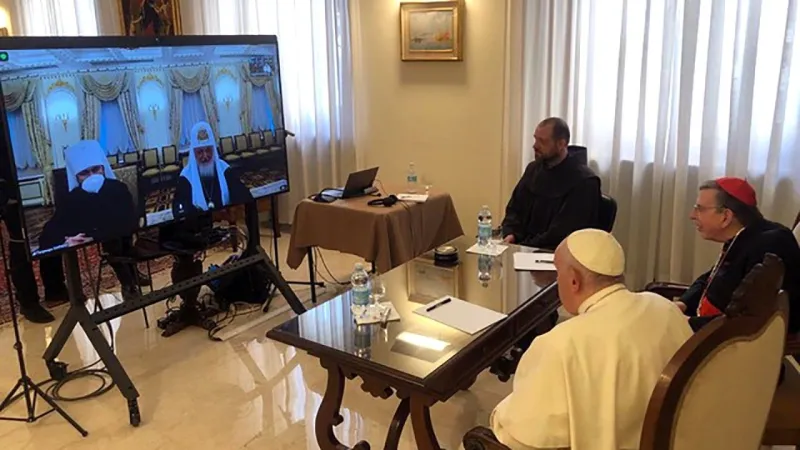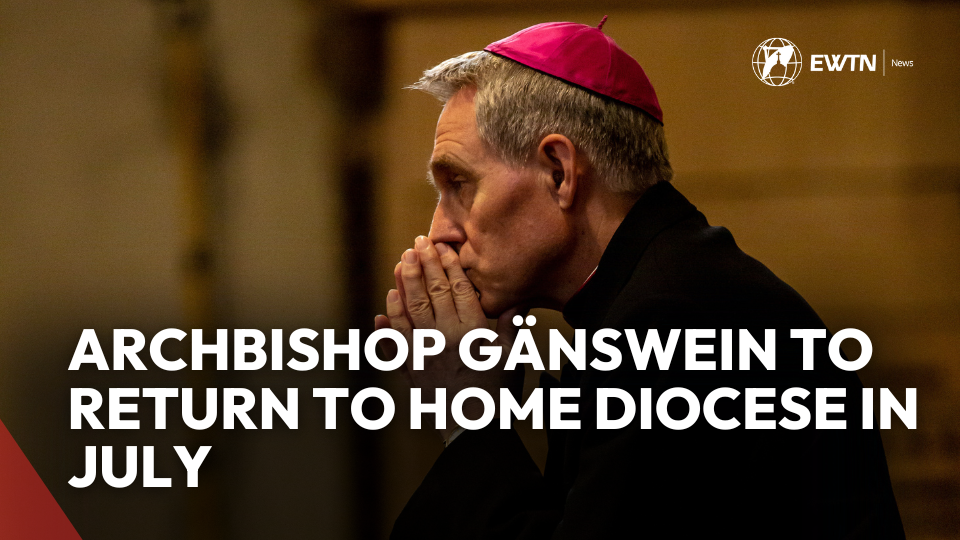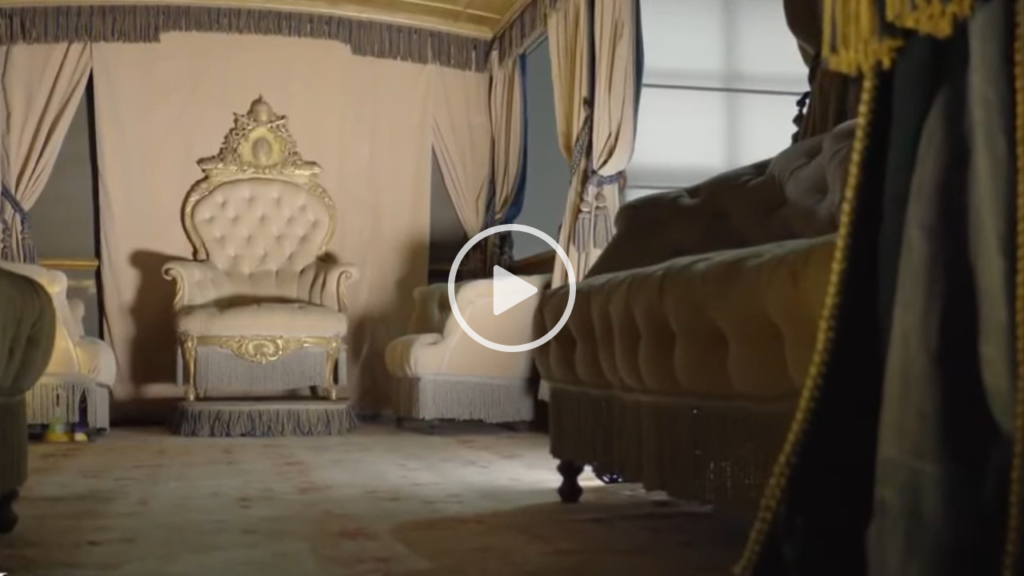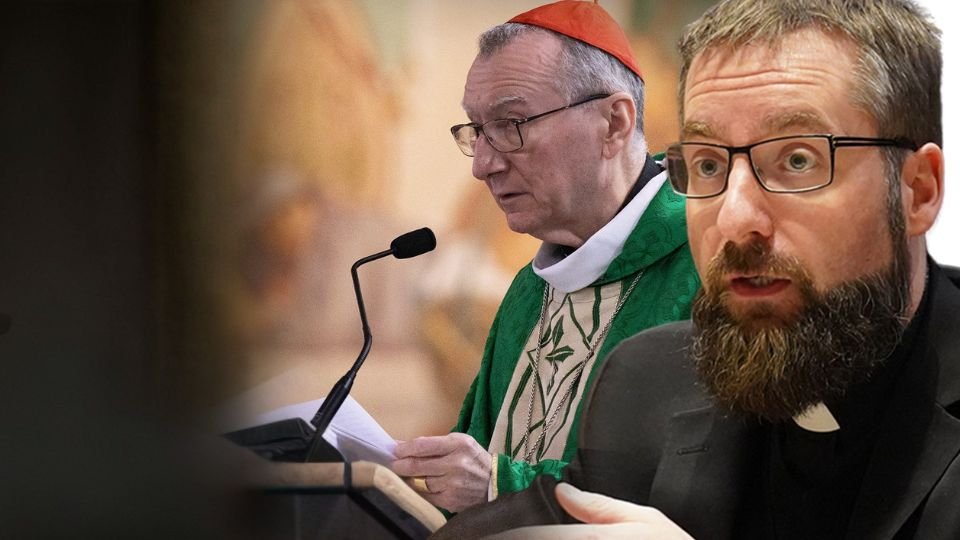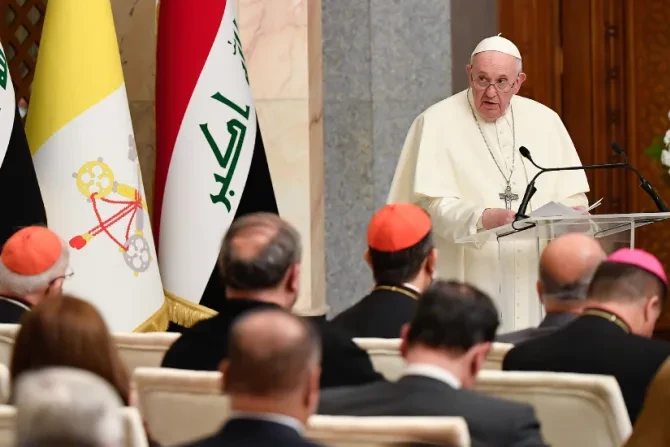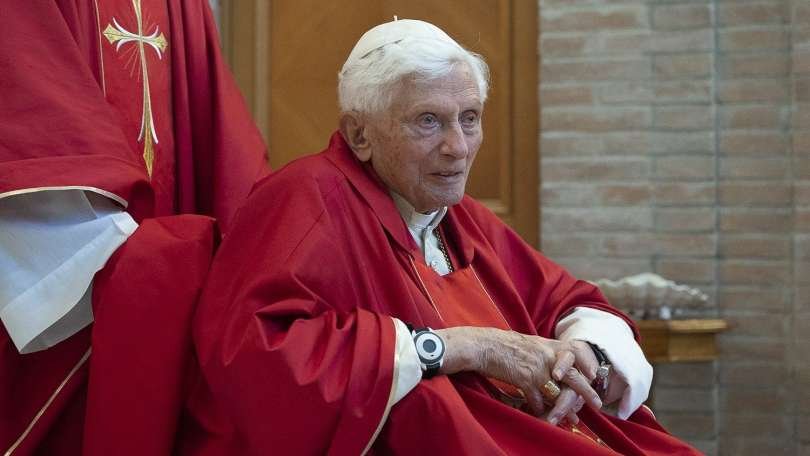There has not yet been a second meeting between Pope Francis and the Patriarch of Moscow Kirill, and this is because the war in Ukraine has led to quite painful consequences also from the point of view of ecumenical relations. But, and this is the thing to consider, there doesn’t seem to be any plan even for a joint commemoration, as was done from 2017 to 2022.
This is not surprising.
The meeting between Pope Francis and Patriarch Kirill took place at San Marti airport in Havana on February 16, 2016. The joint meetings took place on topics of common interest. In 2022, for example, there was talk of pilgrimages in the evocative setting of Paris, where the two delegations were even able to venerate the Crown of thorns. In 2021, there was a pandemic and a certain difficulty in traveling, but the meeting was held online nonetheless, and the prospects and challenges arising from the pandemic were discussed. In 2020, the theme of the meeting was “The Saints – Signs and Seeds of Unity.” In 2019, the theme was the defense of life; in 2018, the discussion was on the Middle East as a place of ecumenical practice; in 2017, the state of ecumenical relations was discussed, and the question of Ukraine also came up.
It seemed like an ecumenical spring on the Moscow—Holy See dialogue front, with the necessary balances to be taken regarding relations with the other Orthodox Churches. The war in Ukraine has, obviously, changed this landscape.
When Russia began its large-scale aggression against Ukraine in February 2022, there was persistent talk of a new meeting between Pope Francis and Kirill. The meeting place indicated was Kazakhstan, where Pope Francis would have gone in September (2022) to participate in the meeting of world religious leaders and where Kirill was also supposed to be—he then decided not to go.
There was also an even more poignant possibility: that of holding the meeting in Jerusalem in June of that year, as part of a papal trip to Jordan.
Then, two events occurred that created a deep rift.
The first: on March 16, 2022, Pope Francis and Patriarch Kirill had a video call, which Cardinal Pietro Parolin, Vatican Secretary of State, revealed had been requested by the Patriarch of Moscow himself. On May 3, Pope Francis, in an interview with Corriere della Sera, revealed that he told Kirill that “we are not clerics of the State” and that he was not Putin’s altar boy. Already, by then, the talks had been suspended. But those tones did not please the Patriarchate of Moscow, which, in a statement released on May 4, spoke of the “wrong tones” used by the Pope.
The second: on June 29, 2022, the German Catholic newspaper Die Tagespost published an interview with Cardinal Kurt Koch, prefect of the Dicastery for Promoting Christian Unity.
In the interview, the cardinal stated that “it is a heresy that the patriarch dares to legitimize the brutal and absurd war in Ukraine for pseudo-religious reasons” and noted that in the future, the relationship between Church and State should be discussed more in ecumenical dialogue, which in Orthodoxy is seen as a symphony between the two.
These tones also irritated Moscow. At the beginning of the war, Moscow no longer participated in the joint Catholic-Orthodox theological tables in protest against the recognition of the autocephalous Ukrainian Orthodox Church by Constantinople. The dialogue, however, was constant. Now, it seems that the Moscow Patriarchate is no longer seeking dialogue but rather intends to continue on its own path.
Thus, the last time he was in Rome, Metropolitan Antonij, head of the Department for External Church Relations of the Moscow Patriarchate, met the Pope during a general audience but did not have the usual meeting in the Dicastery for Promoting Christian Unity.
“The Pope,” Antonij said, “is always very friendly, he sent his greetings to Patriarch Kirill, we spoke about the very large presence of the Russian Orthodox Church in Kazakhstan.”
At the end of fifteen minutes of dialogue, Antonij underlined that “there is the possibility of a meeting between the Pope and the Patriarch, but this meeting must be well prepared, we must see where, when, and the most important thing is to achieve something in the end, some appeal in the sense of what we did in Havana.” That document, he adds, was “very important, every year we have had meetings to commemorate the encounter in Havana and to reflect on this document.”
For the above reasons, a commemoration of the Havana meeting now seems out of place. There will be opportunities to reopen the threads of dialogue.

